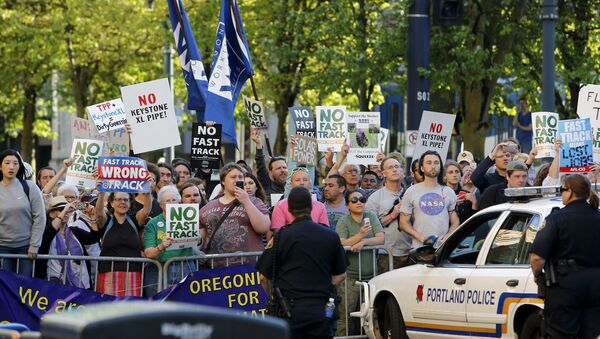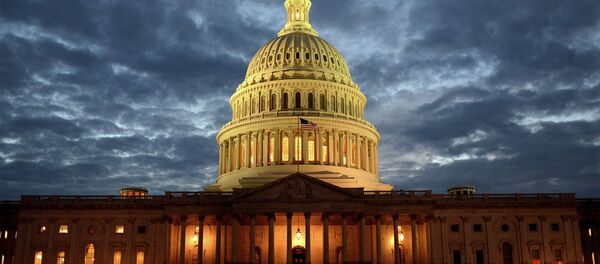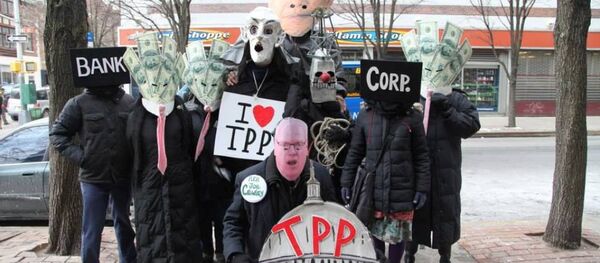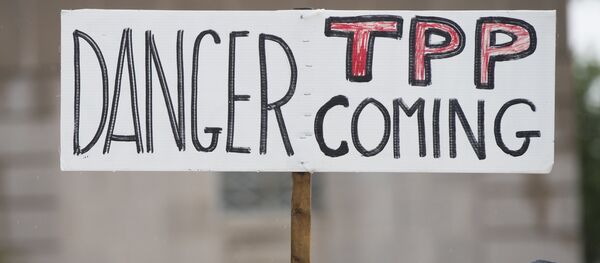The Asia-Pacific region is estimated to account for some 40 percent of the global economy. In 2011, Washington announced a pivot to the Asia-Pacific region amid the rise of China, seeking to strengthen its cooperation with the rest of the region.
During the ongoing APEC Economic Leaders’ Week in Manila, Beijing is expected to take steps to reclaim its leading position in the Asia-Pacific, contesting Washington and Tokyo who are TPP members, by promoting the Free Trade Area of the Asia-Pacific (FTAAP).
"If the TPP does get passed … it will be very difficult for the TPP and FTAAP to coexist, it creates more barriers and problems," Zeman, who is also a Hong Kong property magnate, said.
The TPP deal creates division between the forum’s economies rather than establishing free trade cooperation between them, he said.
"I think it is more political than economic… Many countries are still against the TPP. The US is of course the one that pushes to get it through. But I personally am not sure it will get passed in the end of the day. There is still quite a lot of opposition from many different countries," Zeman warned.
"All the TPP does is it causes divisions in the world with the ones who have not been included. If you really want a good free trade agreement, you must have superpowers, like China, included," Allan Zeman, who is also a Hong Kong property magnate, said.
The Asia-Pacific Economic Cooperation (APEC), established in 1989, promotes free trade throughout the Asia-Pacific region.
The APEC forum was founded in 1989 to promote free trade throughout the Asia-Pacific region. The bloc includes Russia, the United States, China, Canada, the Philippines, Mexico, Peru, Chile, Australia, New Zealand, Vietnam, Papua New Guinea, Malaysia, South Korea, Japan, Indonesia, Hong Kong and Brunei.




